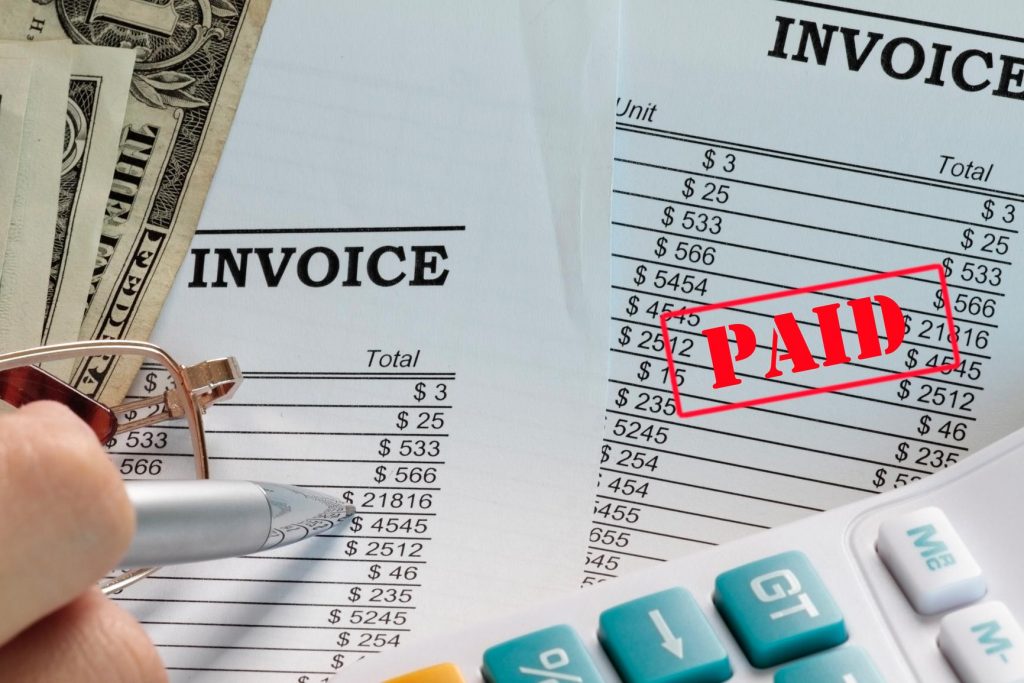4 Incredible Invoicing Tips for Freelancers!
Invoicing can be a real nightmare and pain for freelancers. Freelancers’ work is special because they give in their all while producing content, designing logos, coding programs for you and seek to be compensated/rewarded accordingly.
Freelance is by choice for some because they have other responsibilities, for some, it’s extra income, while some are not built for a full-time job. Whatever the reason, they ought to be compensated because they don’t have direct coordination with the client(face-to-face) only via email and/or Skype.
There are always risks that the concerned employer may not pay and get off the grid with the submitted work as it is all online. However, there are few ways freelancers can seek to ensure invoicing.
Use of Good Invoicing Software
First and foremost thing you ought to do as a freelancer is to opt for good invoicing software. There is a list of invoicing software and most popular free invoice templates available in the market that looks to create great invoices so there is no question in the hours you worked or those billed to the client.
There are free as well as paid software in the market. All you need to make sure is the fact that the software you pick is meeting your requirements or it entails the features you require. Some finest recommendations are; Fresh Books, Less Accounting, Blink Sale among others.
Come Up With Your Policies
It is natural to have the urge to be compensated for work. And in the real world, it has been observed that clients’ do not usually account for freelancers’ efforts. As discussed in the previous point, they don’t necessary pay the full amount. Therefore, the need for setting up some policies regarding payments arises.
What payment mode (cash, check, credit card) will I accept? How much should be paid upfront before I begin working on the project? Am I going to dive in without any upfront payments? How much longer must I wait for the client to pay up? Any late payment will incur some penalty in any way, shape or fashion?
You need to ask yourself these questions and then abide by them. Not necessarily pen them down but should have a clear mind going into the project. Exceptions to the rule can be made where you trust the client and in order accommodate him, bend some of your rules.
Stick to Your Rules
It is the extension of the above point only. You must inform your clients of the policies you have devised for yourself in order to provide your services. Also, intimate them of the changes to your policies should you decide to add some while subtracting some others.
We have seen how clients do not pay and disappear but at times problem crops up from freelancers not establishing rules of engagement and jumps back and forth on the pre-agreed arrangement. Hence, refusal of payment from the client ensures when they are surprised to see you overbilled them or didn’t disclose any x number of charges beforehand. Trust building is incumbent on both parties to ensure seamless financial transactions.
Methods of Payment + Disclosure of Any Charges
Flexibility in methods of payment should be offered to clients. Some may be comfortable in paying cash whilst others may want to credit amount in your account as per convenience. There are those who make payments via PayPal or via Bitcoin.
Also be sure to categorical mention of any charges you will seek to charge your client such as for revisions or in the case of late payments or if you would like to have part payments so that you can share with them the progress on the projects at hand etc.
In addition to above, a proper invoicing would include sharing of correct and updated contact details between you and the client, keeping are cord of past invoices (better if they are numbered), and constant follow ups with the client.
Author Bio:
Catherine Daisy is a Freelance Graphic Designer and a Blogger. She is pursuing a degree in Arts and works as part-time academic writer as well. If you want to get in touch with him on UAE assignment writing help.
















